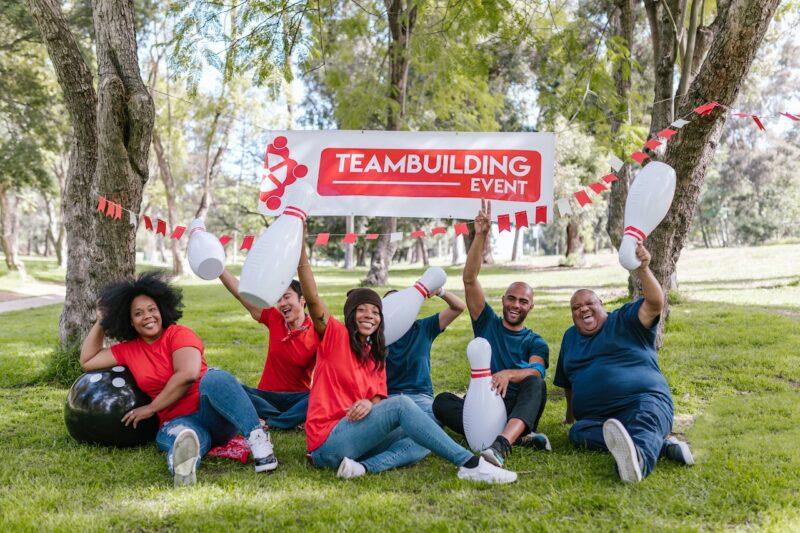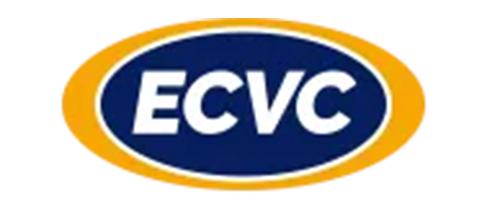
Looking for a team-building activity that everyone can enjoy?
Board games might be just the ticket. Not only are they entertaining, but if you utilize them properly, they can vastly enhance your workplace, helping your employees better-enjoy one another’s company and improving a wide range of skills.
Here’s why.
What do you think of when someone mentions ‘Dungeons & Dragons?’
Maybe you think of the old stereotype, which has a bunch of socially-inept nerds rolling dice in a dimly-lit basement. Maybe you think of its recent meteoric rise to fame, driven by properties like Game of Thrones and celebrities like Matt Mercer and Vin Diesel. Or maybe you think about how much fun your recent game session was.
What you probably don’t think about is its applications as a team-building tool. Hear me out here.
What’s the core purpose of every good team-building exercise?
To help your employees work better with one another. To help them become more collaborative and communicative. To build confidence, improve creativity, and encourage the development of problem-solving skills.

A game like Dungeons & Dragons (or the veritable laundry list of alternative tabletop games currently on the market) achieves all of the above. And it does so while being downright fun to play. Consider how a typical game session goes.
- One player steps into the shoes of the Dungeon Master (DM). Basically, they’re like a facilitator at a conference. They either create or manage the world in which the game takes place, providing everyone else with the framework for a collaborative story.
- Everyone else – referred to from here on as the players – works together to create their characters within the context of the game’s rule-set. This may be as extensive as a detailed backstory, history, and character motivations, or as simple as a few basic traits and in-game stats.
- Decisions made by the players shape the story and its outcomes.

The person running the game gets something of a crash course in leadership and organizational skills. They must learn to be flexible and confident, to speak in such a way that people listen to them while also respecting everyone else at the table. They learn to be more creative and organized, thinking on their feet to react to player choices and taking notes so they remember what happened session-to-session.
The players, meanwhile, get to flex their creativity in a different way – collaborative problem-solving. They learn how each character in the game has its own distinctive strengths and weaknesses, and how they must work together to account for these. And in much the same way as if they were to attend an improv course, they learn to be more imaginative and confident.
Of course, their capacity to foster all of the above skills isn’t the only reason games like D&D can be good for your workplace. The power of games as a teaching tool has been well-documented in research by institutions like Stanford University. Moreover, if an activity is entertaining and enjoyable, people are far more willing to participate.
I’d like to conclude this piece with one final bit of advice. Get someone with experience in the game system you want to run to act as the DM for your first few sessions – someone who can guide new players through their first few sessions. If no one in your workplace has any knowledge of D&D, you could also consider hiring a professional dungeon master like Timm Woods.
Board games like Dungeons and Dragons aren’t the purview of nerdy high-schoolers anymore. They’ve gained widespread fame and popularity. And their time in the limelight has only highlighted what many of us knew to be true already – if you bring them into your workplace, they can be an invaluable team-building tool.
Psst: Our newsletters are basically
HR cheat sheets, delivered to
your inbox
Watch demos, learn features and much more
Subscribe to our channel
Find inspiration, human resources tips, and ideas
Network with us on LinkedIn
Love tips and the occasional freebie?
Like us on Facebook
On the count of 3,
get ready to
say cheese!
We’re on Instagram
The best 280 characters you’ll ever read
Follow us on Twitter








